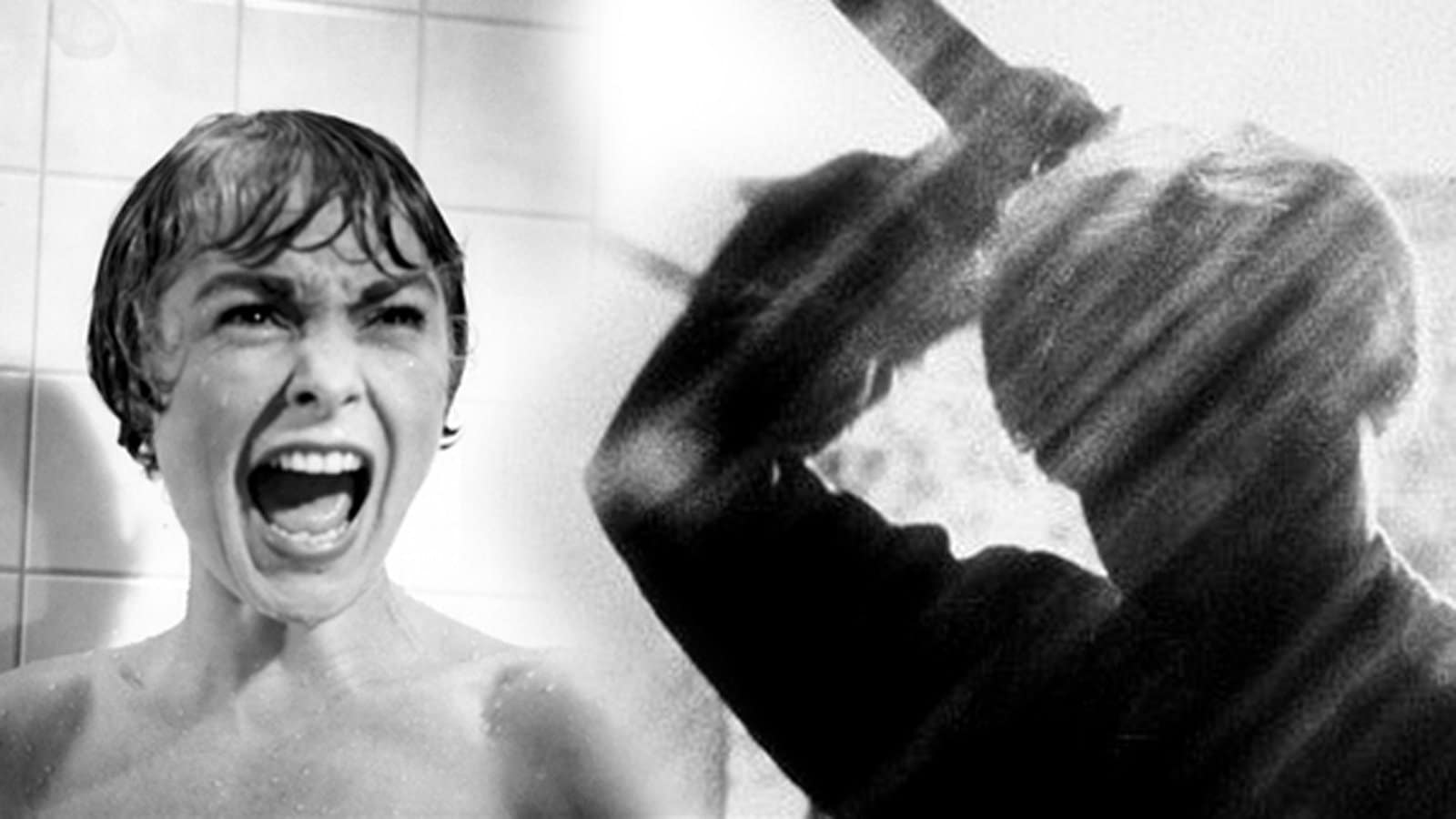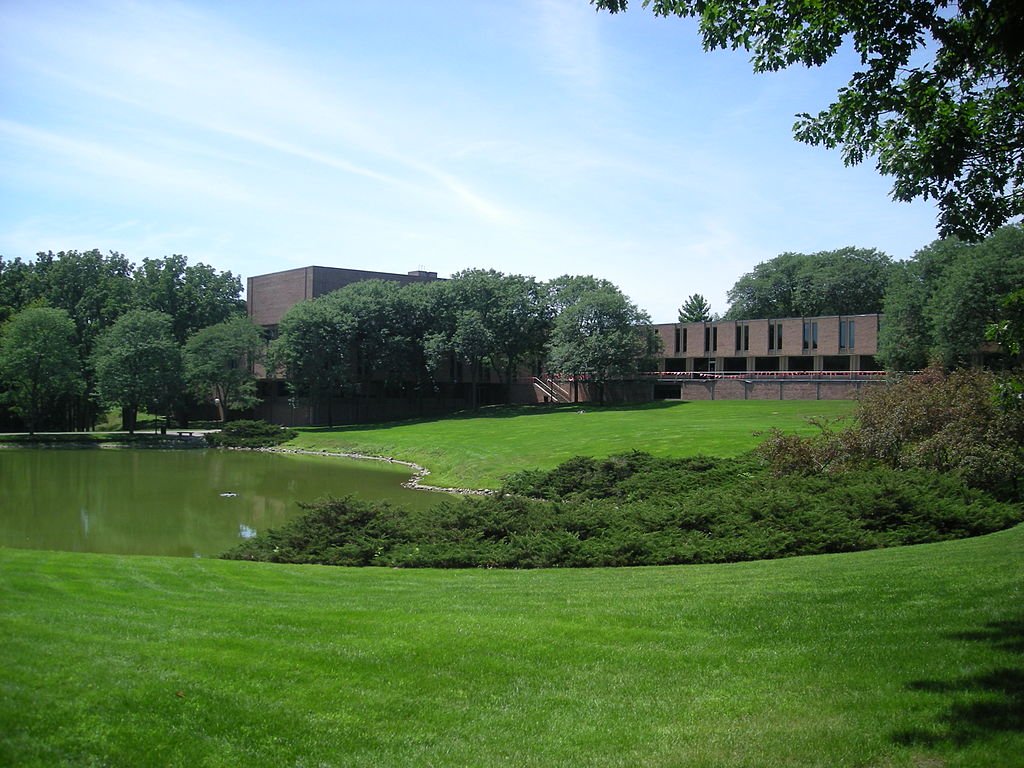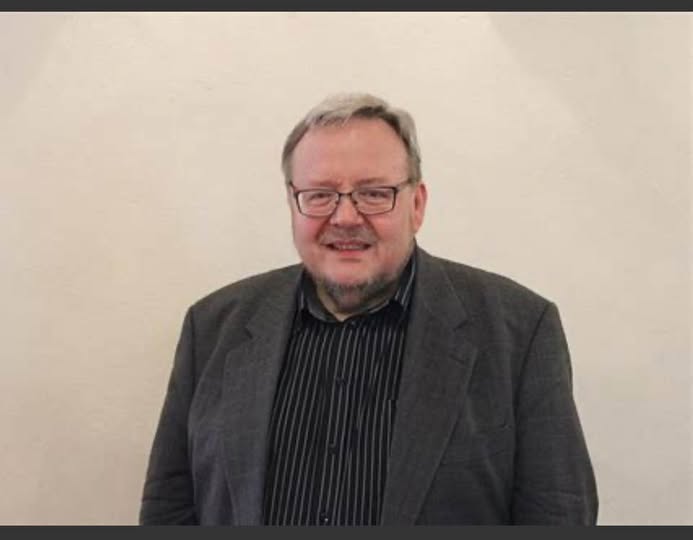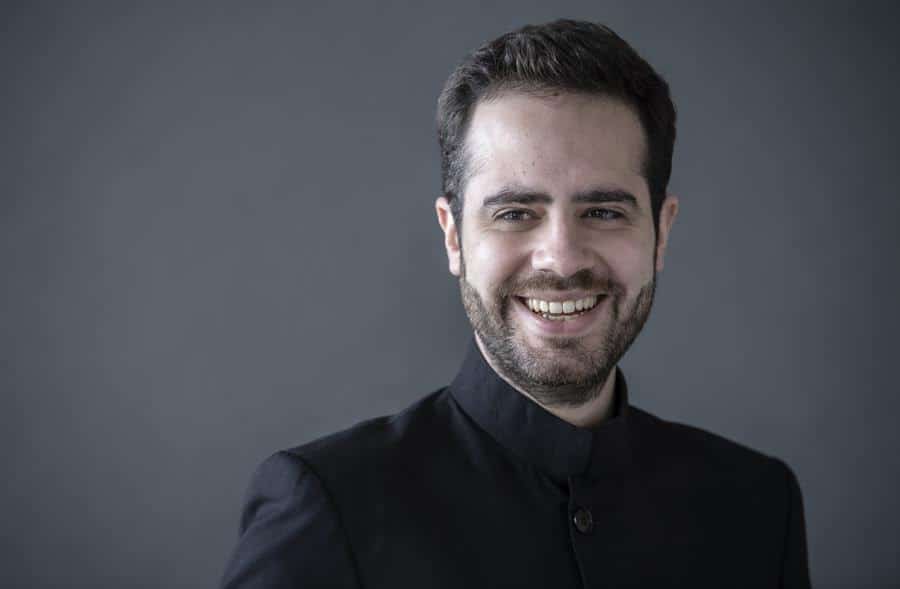The magnificent failures of a great film composer
Album Of The WeekFrom the Lebrecht Album of the Week:
The most original rethinker of film sound was the New York composer Bernard Herrmann. He was just 30 when he won his first Oscar for The Devil and Daniel Webster in 1941, and then he went to work with Orson Welles on Citizen Kane. When not composing for film he was conducting concerts on the CBS network, choosing modern symphonies of considerable obscurity by Miaskovsky, Malipiero and Edmund Rubbra. He gave the broadcast premiere of Charles Ives’s third symphony.
Fifteen years would pass before he found his true vocation…
Read on here.
And here.






Comments